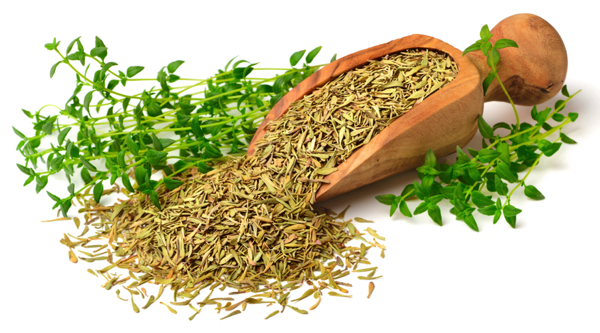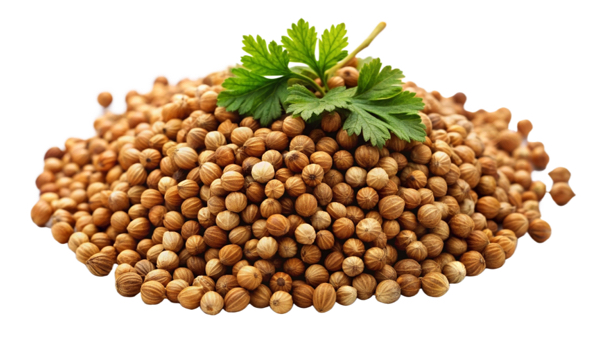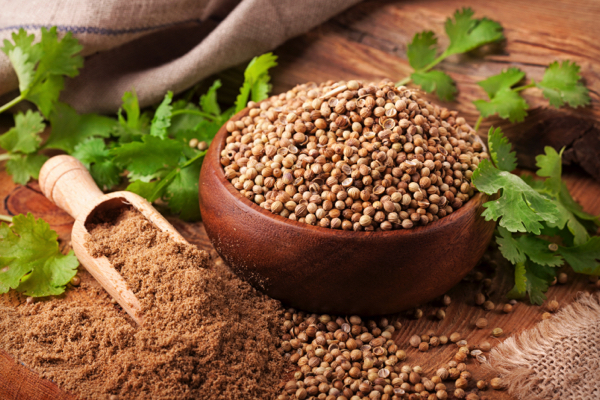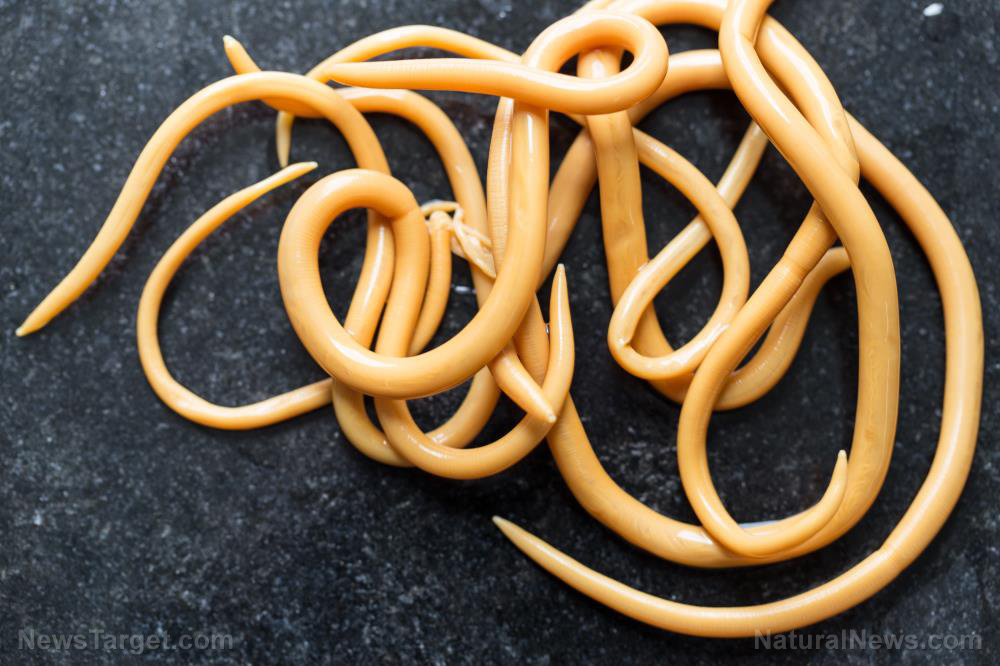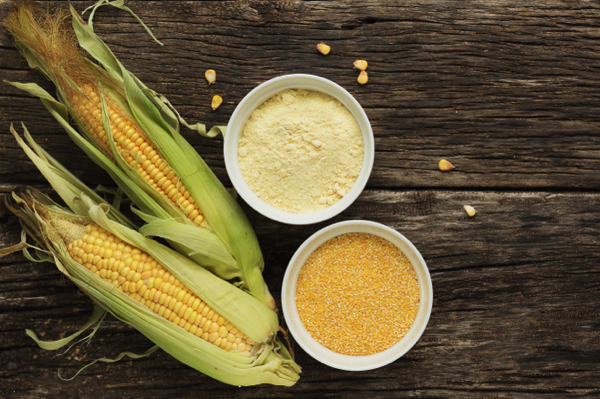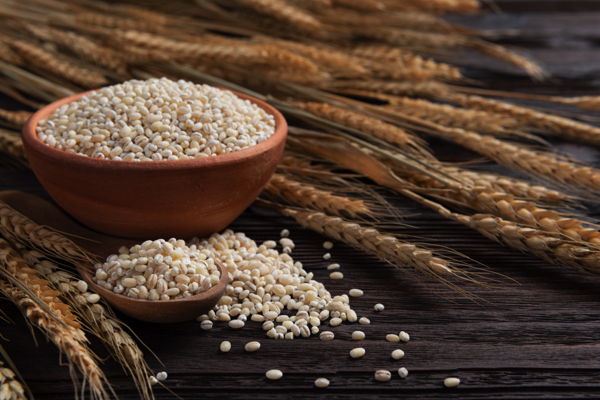Curcumin is a promising treatment for nonalcoholic fatty liver disease (NAFLD)
11/07/2024 / By Olivia Cook

A recent study published in Phytomedicine explored the effects of curcumin from turmeric on people with nonalcoholic fatty liver disease (NAFLD). Through a detailed analysis of various studies, researchers found that curcumin can alleviate NAFLD by activating certain pathways that reduce oxidative stress and cell death and by influencing gut bacteria.
In an earlier study published in Diabetology & Metabolic Syndrome, researchers gave 64 NAFLD patients either two grams of turmeric or a placebo daily for eight weeks. Unlike the placebo group, the turmeric group showed a significant reduction in liver enzymes, which are typically elevated in NAFLD, as well as a decrease in triglycerides and cholesterol levels.
Meanwhile, a review published in Pharmacy Practice evaluated five small trials investigating turmeric’s potential against NAFLD. Three of the four trials that compared turmeric or curcumin to a baseline showed reductions in liver enzymes and NAFLD severity. The placebo-controlled studies hinted that curcumin might be more effective than turmeric alone.
A study published in Phytotherapy Research also examined the effects of curcumin on 87 NAFLD patients. Those who took 1,100 milligrams of curcumin daily for eight weeks showed improved liver function, lower BMI, reduced waist circumference and decreased liver fat levels compared to the placebo group. They also had better liver blood flow and reduced liver vein diameter and volume.
Research to date has focused on treating NAFLD with turmeric and curcumin. Although turmeric could potentially help prevent NAFLD, more studies are needed. Maintaining a healthy weight remains crucial for NAFLD prevention.
Other evidence-based health benefits of curcumin
Here are the top science-backed health benefits of turmeric and curcumin.
Medicinal properties
Turmeric contains bioactive compounds with medicinal properties. A study published in Foods found turmeric to have strong anti-inflammatory and antioxidant effects. However, turmeric only contains one to six percent curcumin by weight. Many studies use turmeric extracts rich in curcumin, often exceeding one gram per day, which is difficult to achieve through dietary turmeric alone. Curcumin supplements are often used for this reason.
Curcumin is poorly absorbed into the bloodstream. Its absorption improves significantly when consumed with black pepper, which contains piperine. Curcumin is also fat-soluble, so taking it with a high-fat meal can enhance its effectiveness. (Related: Dynamic duo: Why TURMERIC and BLACK PEPPER are a powerful combination.)
Natural anti-inflammatory
Curcumin can fight inflammation, which is linked to many diseases. High doses are required for medicinal effects, but curcumin’s potential in preventing and treating inflammation-related conditions is significant, as reported in a study published in Oxidative Medicine and Cellular Longevity.
Antioxidant capacity
Curcumin is a potent antioxidant that neutralizes free radicals and may stimulate other antioxidants’ activity, as confirmed by studies published in Antioxidants and Frontiers in Pharmacology.
Brain health
Curcumin can boost brain-derived neurotrophic factor (BDNF) production, aiding in memory and learning. Low levels of BDNF are linked to depression and Alzheimer’s disease. Studies suggest curcumin may also delay the progression of brain diseases and age-related cognitive decline.
A study published in the Journal of Alzheimer’s Disease highlighted that curcumin can help clear amyloid plaques associated with Alzheimer’s and has beneficial effects on inflammation and oxidative damage, which are linked to the disease. (Related: Curcumin extract with high bioavailability can help improve neuro function and mood among the elderly: Study.)
Heart health
Curcumin helps improve endothelial function, which is crucial for heart health, as suggested by a study published in Pharmacological Research. Curcumin in turmeric also helps reduce inflammation and oxidation, contributing to better heart health.
Cancer prevention
Curcumin has been studied for its potential in treating and preventing cancer by inducing cancer cell death, reducing tumor blood vessel growth and preventing metastasis. (Related: Curcumin found to stop cancer cell growth.)
Arthritis
Curcumin has shown promise in reducing pain and inflammation in patients with different types of arthritis, most of which involve inflammation in the joints (e.g., osteoarthritis, rheumatoid arthritis). Some studies even suggest that curcumin is just as effective as non-steroidal anti-inflammatory drugs (NSAIDs).
Anti-aging
Curcumin can not only help prevent heart disease, cancer and Alzheimer’s, but it can also increase longevity by combating oxidation and inflammation — two key contributors to aging.
These findings highlight the promising potential of turmeric and curcumin as a natural treatment for various conditions, including NAFLD.
For more stories on how to maintain a healthy liver naturally, visit LiverDamage.news.
Watch the following video about how curcumin minimizes damage caused by a high-fat diet.
This video is from the Groovy Bee channel on Brighteon.com.
More related stories:
Curcumin found to slow chronic kidney disease progression.
Curcumin found to have protective effects against renal fibrosis.
Curcumin: Prevent liver disease and reduce liver fat with this amazing plant compound.
Curcumin in turmeric found to suppress cancer growth in clinical trials.
Sources include:
Submit a correction >>
Tagged Under:
alternative medicine, anti-aging, arthritis cure, brain health, curcumin, food cures, food is medicine, heart health, herbal medicine, Herbs, liver health, natural cures, natural health, natural medicine, non-alcoholic fatty liver disease, phytonutrients, remedies, research, turmeric
This article may contain statements that reflect the opinion of the author
RECENT NEWS & ARTICLES
COPYRIGHT © 2017 NATURAL CURES NEWS





